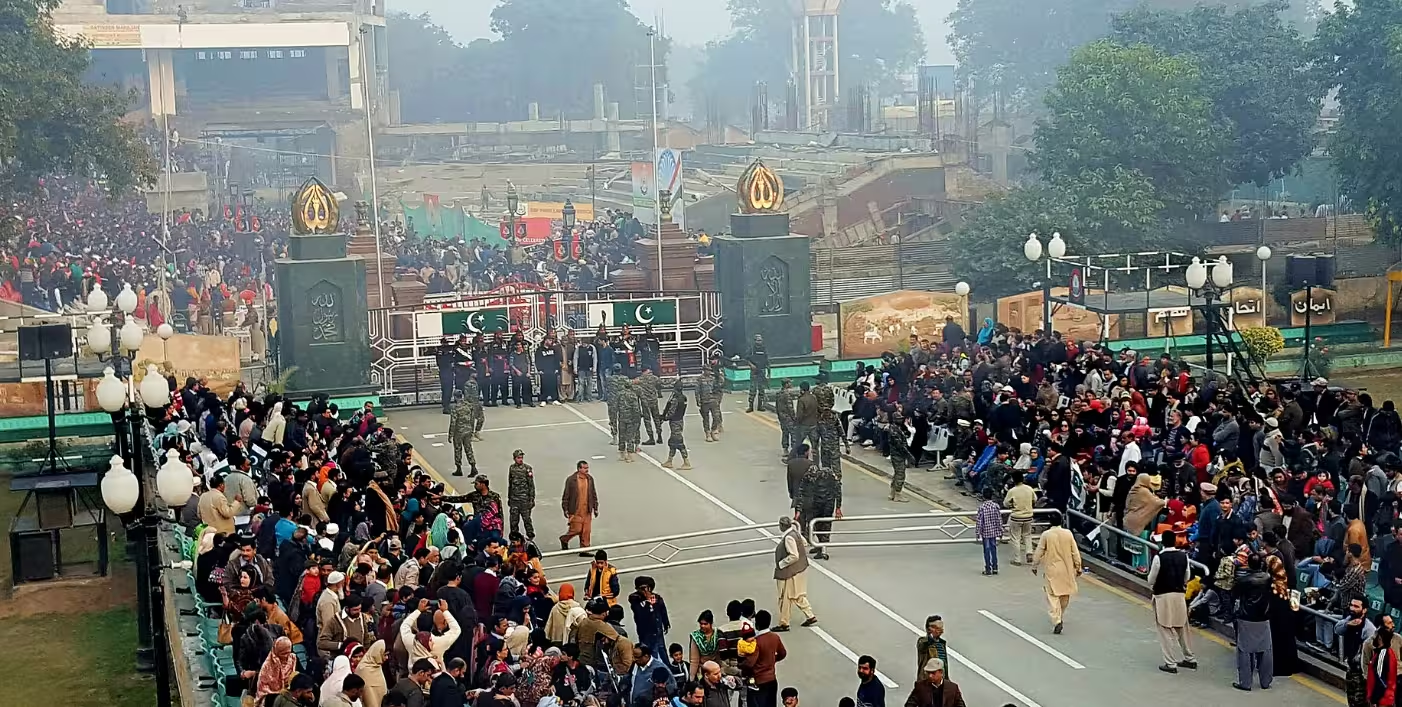Rising tensions in Indian-administered Kashmir have led to a major disruption in regional commerce, as Afghanistan-India trade has been suspended following the closure of critical trade routes through Pakistan.

The Attari-Wagah border — the sole land route facilitating trade between India and Pakistan — was shut down after terror attacks in Kashmir’s Pahalgam region on April 23, which killed more than 20 people. India blames Pakistan for allegedly supporting separatists, further escalating tensions between the two neighbors.
The shutdown has not only halted India-Pakistan trade but also severely impacted Afghanistan, which relies heavily on this route for the import of essential goods from India. Afghan traders and businesses have raised concerns about supply disruptions and rising costs, warning that the lack of alternative routes is putting significant pressure on Afghanistan’s already fragile economy.
The latest reports show that the bilateral trade between India and Afghanistan amounted to approximately $997.74mn, representing about 0.09% of India’s total trade volume. India’s imports from Afghanistan reached a record $642.29mn, while its exports to Afghanistan declined to $355.45mn, marking the lowest level in 16 years.
In recent years India has also been investing in Chabahar port in Iran to reach Afghanistan, bypassing Pakistan. In January 2025, Indian Foreign Secretary Vikram Misri met with Afghanistan’s Acting Foreign Minister Amir Khan Muttaqi in Dubai to discuss strengthening political and economic ties, including expanding trade through the Chabahar Port.
However, with the land routes now closed and maritime alternatives not yet fully operational at scale, Afghan businesses remain exposed, facing acute shortages and increased costs for consumers.
Meanwhile, India has revoked visas for all Pakistani nationals currently in the country, signaling further deterioration in relations. As tensions persist, regional trade and economic stability remain at risk.




